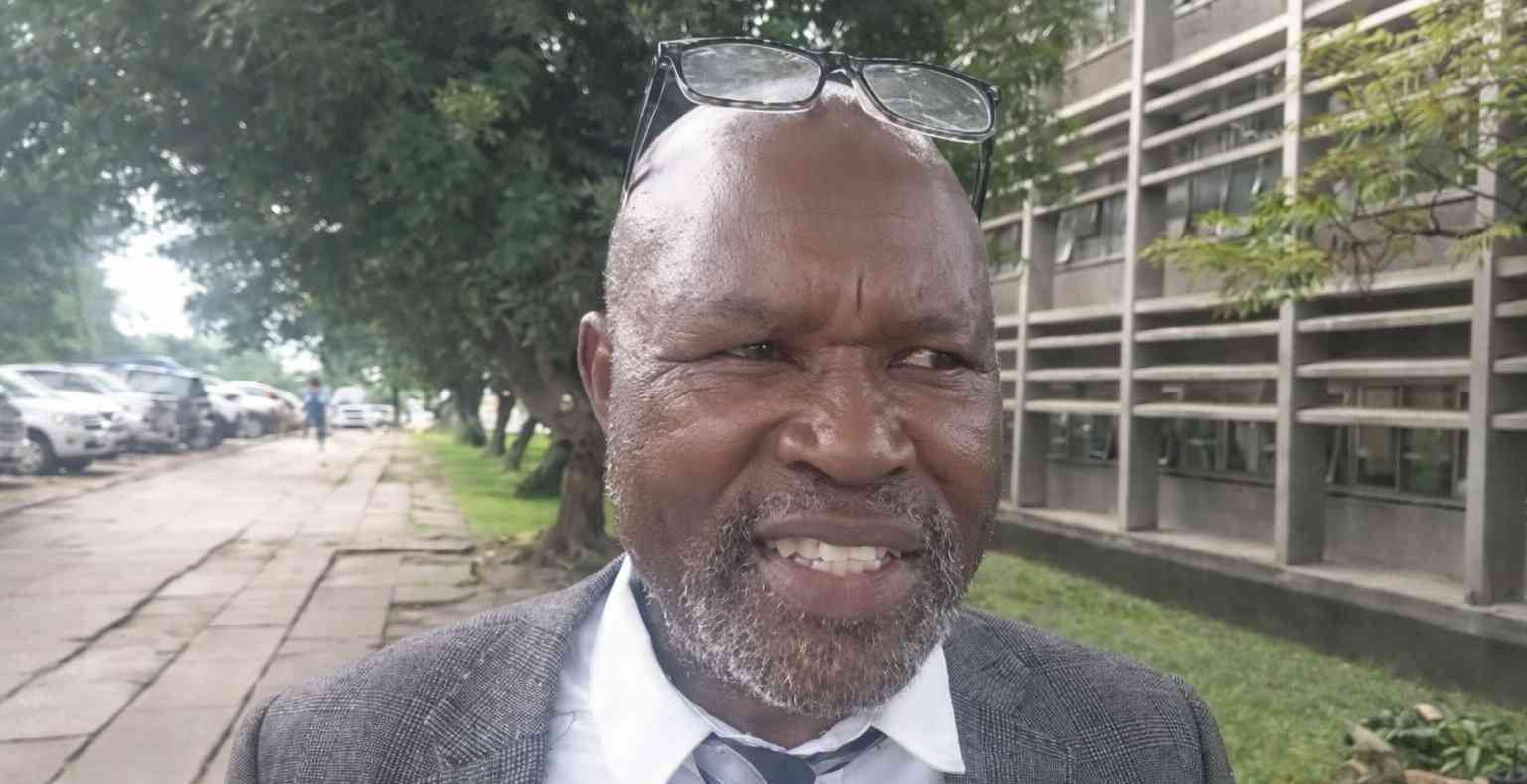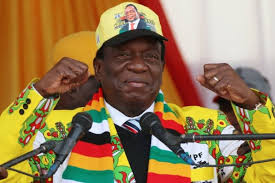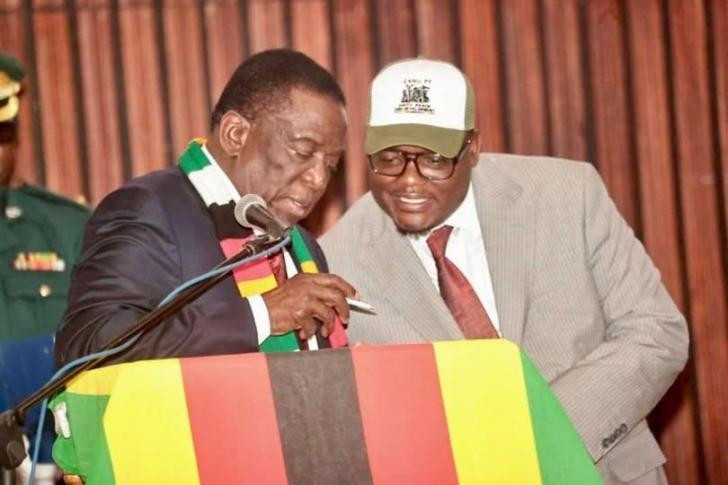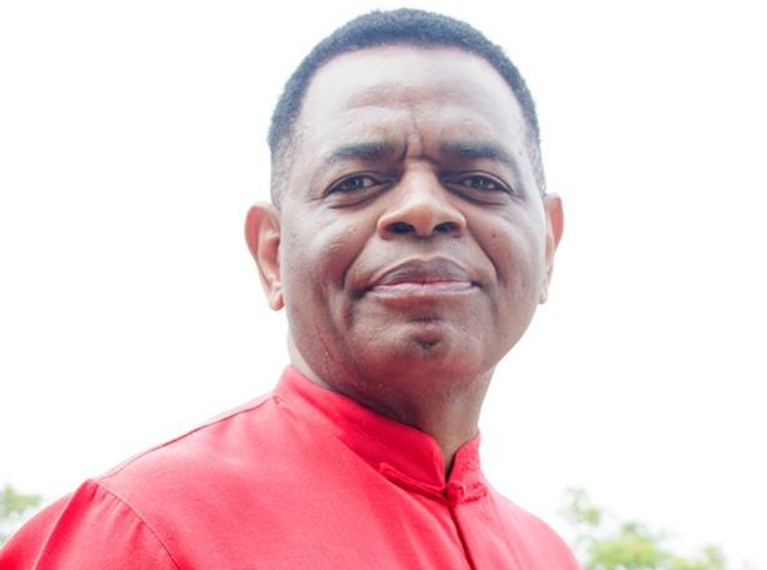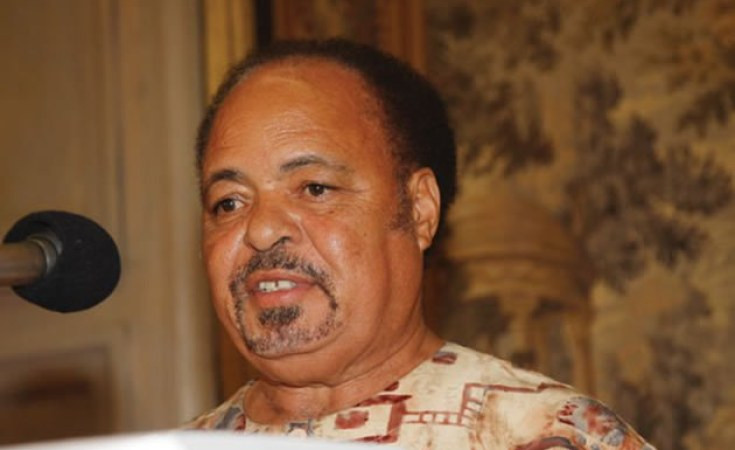
This year Zimbabwe “celebrates” the fifth anniversary of the coup in 2017, but for some it still remains a “military assisted transition”.
Not in the view of former president, Olesegun Obasanjo, who recently blamed Zimbabwe for the recent spate of coups around Africa, stating bluntly, “There should be no half measures about these; It started in Zimbabwe where they said ‘it’s not a coup and it’s a half coup, it’s near a coup’; A coup is a coup!”
However, this was not the view of the region, the African continent, nor the international community in 2017: it was not even the view of Zimbabweans at the time who flooded the streets in celebration of Robert Mugabe’s ousting.
Bear in mind here that Obasanjo has been a close observer of Zimbabwe’s demise from the processes around the Abuja Declaration in 2001, his involvement in the Commonwealth Troika set up after the adverse Commonwealth Observer Group findings of the 2002 presidential election and Zimbabwe’s suspension, and his refusal to allow Mugabe to attend the CHOGM in 2003.
His remarks about the coup are thus considered.
The same week that is the anniversary of the coup, the Commonwealth secretariat arrived in Harare to explore how much progress the country has made in its application to re-join the Commonwealth after Mugabe unilaterally withdrew Zimbabwe in December 2003, nearly 19 years ago.
The withdrawal followed the turbulent years of the early 2000s: saw land invasions, disputed (and unresolved and violent) elections in 2000 and 2002, and the imposition of restrictive conditions and some sanctions by the EU and the US.
Coups, sanctions, and Commonwealth re-admission may all seem unrelated, but in truth there is little that happens in Zimbabwean politics that is not connected to everything else, and thus the SAPES Trust hosted an online discussion, Back to the Future: A Review of the Post-November Coup in Zimbabwe to unpack these issues.
- Can Zimbabwe hold a credible election?
- Letter from America: Ariel Primary: A school that teaches pupils to be angels
- Can Zimbabwe hold a credible election?
- Letter from America: Ariel Primary: A school that teaches pupils to be angels
Keep Reading
Coup or not coup?
It is clear that there is much muddled thinking about the November 2017 coup.
These have ranged from the view that clearly it was a coup like all coups, as Sarah Dorman argued, to those who argue that “so what if it was a coup, at least we got rid of Mugabe and had the possibility of change”, those that felt the coup was cured by the 2018 elections, and through to the minority view that the coup has thrown the country into an unrecognised constitutional crisis.
For one of the speakers, a victim of the coup, narrowly escaping with his life, Saviour Kasukuwere was in no doubt that this was the way that Zanu PF has always dealt with conflict, whether in the party or in response to challenges to the party.
This is relevant in the light of the last position, the unrecognised constitutional crisis.
Predictably, the most dominant view is a combination of the first two: what mattered in 2017 was that Zimbabwe needed a change – of leadership and direction – and for so many within Zimbabwe, in the region, and internationally, a well-managed transition took place, a “well-intentioned transition” as Petinah Gappah put it.
It clearly was well-managed by the military, bringing the citizens of Harare out on the streets on November 18 2017, impressive (well-printed) posters by the score, and creating a carnival atmosphere that was interpreted as support for the coup rather than the desire to get rid of Mugabe, and these are not the same motivations.
The election in 2018, contested as it was, settled the issue, and the Mnangagwa regime morphed from de facto to de jure in short order, beginning steps all round for re-engagement, including the Commonwealth initiative.
The problem was that the new dispensation has failed to deliver on all the hope.
For most it was more than failure to deliver, the new dispensation had made things considerably worse, and on every front: political, economic, socially, and in its human rights record.
Few Zimbabweans believe that the human rights climate has improved, and many believe it will worsen in the 2023 elections.
These failures have made the calls for the removal of sanctions more strident and has resulted in Sadc and the AU retreating from all the uncomfortable issues around Zimbabwe to merely supporting the call for the removal of sanctions; simply, solidarity without cost, and ducking the hard questions about dubious legitimacy and rising authoritarianism.
This is the background the Commonwealth must take into account when considering whether to re-admit Zimbabwe.
Zanu PF argues that it should speed up the process and that the problems is sanctions.
Patrick Chinamasa, Zanu PF secretary for administration, claims that it is the sanctioning countries that are slowing down the process.
Zanu PF would undoubtedly like to score a major victory through re-admission ahead of the elections, and bolster its claims to legitimacy.
Thus, do sanctions enter as an excuse for every possible malaise in the country, no doubt assisted by the mendacious report by the UN special rapporteur on the negative impact of unilateral coercive measures on the enjoyment of human rights.
The special rapporteur’s report deserves detailed analysis and critique, but here it is just worth pointing out that the report relies on the narrowest legal basis in its analysis.
It is fine to argue that the sanctions are unliteral, not so fine to claim that every malaise in the country in 2021 is a direct result of the sanctions.
Gift Mugano, in the Sapes policy dialogue, argued strongly that the cause of Zimbabwe’s economic decline was legitimate debt, gross corruption, human rights abuses, and even self-sanctioning by the Zimbabwe government through illogical policies.
So, the simple argument is that sanctions are the cause of the problems facing the country, not mismanagement, corruption, or debt, the Commonwealth re-admission process is impeded by Commonwealth and other Western countries maintaining sanctions, and the coup has ushered in a new dispensation that could achieve all that it should if sanctions were removed.
The coup is an irrelevance against the blocks put in the way through sanctions.
Thus, the coup becomes a mere historical curiosity.
The coup and the Commonwealth: Turning a blind eye?
However, in respect of the coup, there seems little awareness of the elephant in the room and the constitutional crisis that the coup has created.
When Justice George Chiweshe gave his judgement in November 2017, he decided that:
- The actions of the Defence Forces (Zimbabwe Defence Forces of Zimbabwe) in intervening to stop the take-over of first respondent’s (Mugabe’s) constitutional functions by those around him are constitutionally permissible and lawful in terms of section 212 of the constitution of Zimbabwe in that:
- They arrest first respondent’s abdication of constitutional function, and
- They ensured that non-elected individuals do not exercise executive functions which can only be exercised by elected constitutional functionaries.
- The actions of the Defence Forces being constitutionally valid, the second respondent has the right to take all such measures and undertake all such acts as will bring the desired end to its intervention.
This judgement relied solely on section 212, overriding sections 213 and 214.
These sections detail the conditions under which the military may be deployed internally and externally and require the president to proclaim and parliament to assent.
The briefest analysis of section 212 indicates how dangerous is this judgement:
212: Function of Defence Forces: The function of the Defence Forces is to protect Zimbabwe, its people, its national security and interests and its territorial integrity and to uphold this Constitution
The judgement is further bolstered by the decision of the Constitutional Court to uphold it.
Constitutional lawyer, Justice Mavedzenge, has disputed the constitutionality of both these decisions pointing out the dangers of the Constitutional Court decision:
“The constitutional validity of Mnangagwa’s appointment as president would logically be difficult to legally justify if the court had found the military action preceding his appointment to be illegal. Thus, the court seems to have made a strategic decision to avoid engaging with the constitution in dealing with this question and in the result made a ruling in favour of the ruling party. In doing so, the court seems to have engaged in procedural avoidance (avoiding to deal with a legal question brought before it) in order to avert a political risk to both President Mnangagwa and the entire regime’s continued stay in power.”
These court decisions have left the sword of Damocles hanging over constitutional rule in Zimbabwe.
If the law in Zimbabwe now accepts that the military have a prima facie constitutional right to intervene in civilian affairs, superseding the power of the president, then obviously coups are now constitutional in Zimbabwe.
Now, it is possible to see the links between coups, sanctions, and the problem for the Commonwealth.
When restrictive conditions and some sanctions were imposed on Zimbabwe this was because countries in bi-lateral arrangements with the government decided that they no longer wished to support a government that disregarded human rights, rule of law and good governance, never mind violent elections.
They continued to provide support to the citizens through humanitarian aid, nearly US$1 billion in 2019 according to the World Bank, but they ignored the coup.
If the international community ignores the coup, when then should this trouble the Commonwealth?
Does the coup affect re-admission?
There were no sanctions from the Commonwealth, but deep concern over the same problems: rule of law, human rights, and violent elections.
They suspended Zimbabwe from the councils of the Commonwealth and might well have taken further steps if Zimbabwe had not left.
However, after years of ignoring the Millbrook extension to the Harare Declaration – to remain engaged even if the country leaves after violating the Harare Declaration – the Commonwealth has chosen in 2018, after the coup, to accept the request from Zimbabwe to re-engage.
However, the coup has not been cured by the 2018 election, and neither can it be cured through elections in 2023, if the elephant in the room is not removed.
It is an enormous elephant: what country wishing to be a member of the Commonwealth could be accepted if there is a de jure position that the military may intervene in civilian affairs as it sees fit.
This makes Zimbabwe a securocrat state, wholly incompatible with the Harare Declaration and explicitly undermining its own constitution.
If the coup cannot be cured, and it can only be cured by overturning the legal basis for “legal” military intervention, how can it be accepted into the international community?
https://www.youtube.com/watch?v=isPycGfzo4o&t=8s
https://www.youtube.com/watch?v=tHGnqYTgF9U&t=4s
*Ibbo Mandaza and Tony Reeler are co-conveners of the Platform for Concerned Citizens

